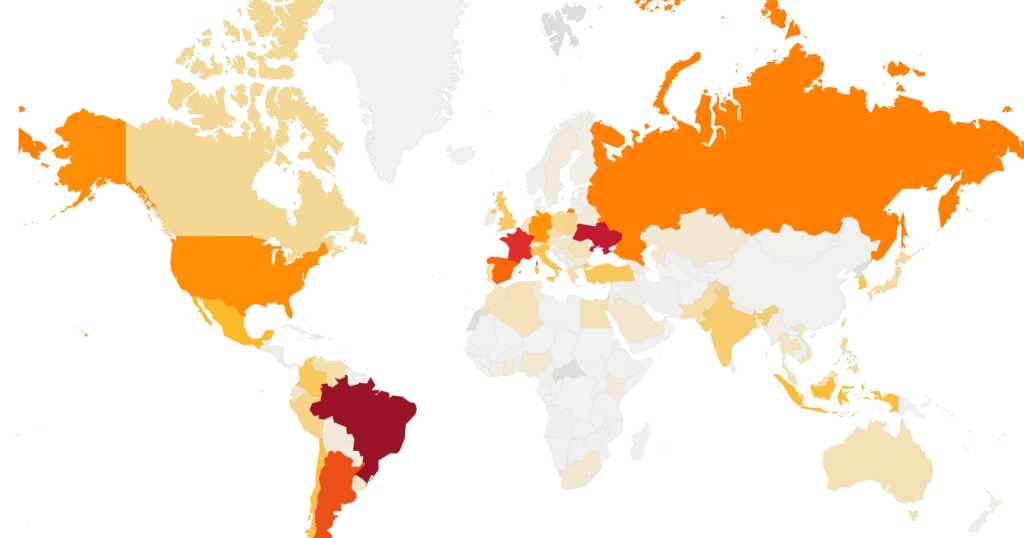O empresário e host do “Protocol Podcast” Eric Savics perdeu toda a sua economia que tinha em Bitcoin (12 Bitcoins, no valor de R$ 560 mil) – em um ataque de phishing, como resultado do download de uma versão maliciosa da carteira de hardware KeepKey.
Desde então, Savics procurou ajuda da comunidade, mas esses eventos são geralmente irreversíveis. “Eu tive todos os meus Bitcoins roubados em um phishing. Alguém já recuperou com sucesso o Bitcoin roubado? Qualquer ajuda ou orientação seria bem vinda”, disse ele no twitter.
Jameson Lopp, CTO da Casa, que cria softwares de segurança, respondeu: “Desculpe sua perda; nunca insira uma seed phrase em um computador. ”
O host do podcast, que estava aumentando lentamente seus investimentos em Bitcoin desde 2013, havia usado o cliente KeepKey em seu desktop e decidiu fazer o download do aplicativo correspondente. Mas quando ele baixou da loja do Google Chrome e inseriu sua frase de recuperação (usada para gerar uma chave privada, que funciona como uma senha para acesso aos fundos), seu Bitcoin foi rapidamente roubado.
Uma pessoa manifestou simpatia pela situação. “Eric, você pode postar um endereço seu de BTC? Eu doarei alguns para tirar seu saldo de zero”, twittou um usuário de pseudônimo OrangeDog.
Em retrospecto, Savics disse que percebeu que a carteira era falsa devido a um erro de digitação. “Veja esta captura de tela, só notei agora. Mas os golpistas escreveram a frase errada”, acrescentou.
A exchange de criptomoedas ShapeShift, que opera a carteira KeepKey, alertou na semana passada que existem aplicativos KeepKey falsos na loja do Google Chrome. “Nós nunca pediremos sua seed de 12 palavras. Se alguém fizer isso é uma fraude. Tentativas de phishing, como esses aplicativos falsos de carteira, podem levar os usuários a perder suas criptomoedas”, alertou.
O Google há muito tempo tem um problema com aplicativos e extensões de carteiras falsas de criptomoedas. Em abril, ele removeu 49 extensões falsas que imitavam plataformas populares como Ledger, MyEtherWallet e Trezor.
Fonte: (https://portaldobitcoin.com/)

































